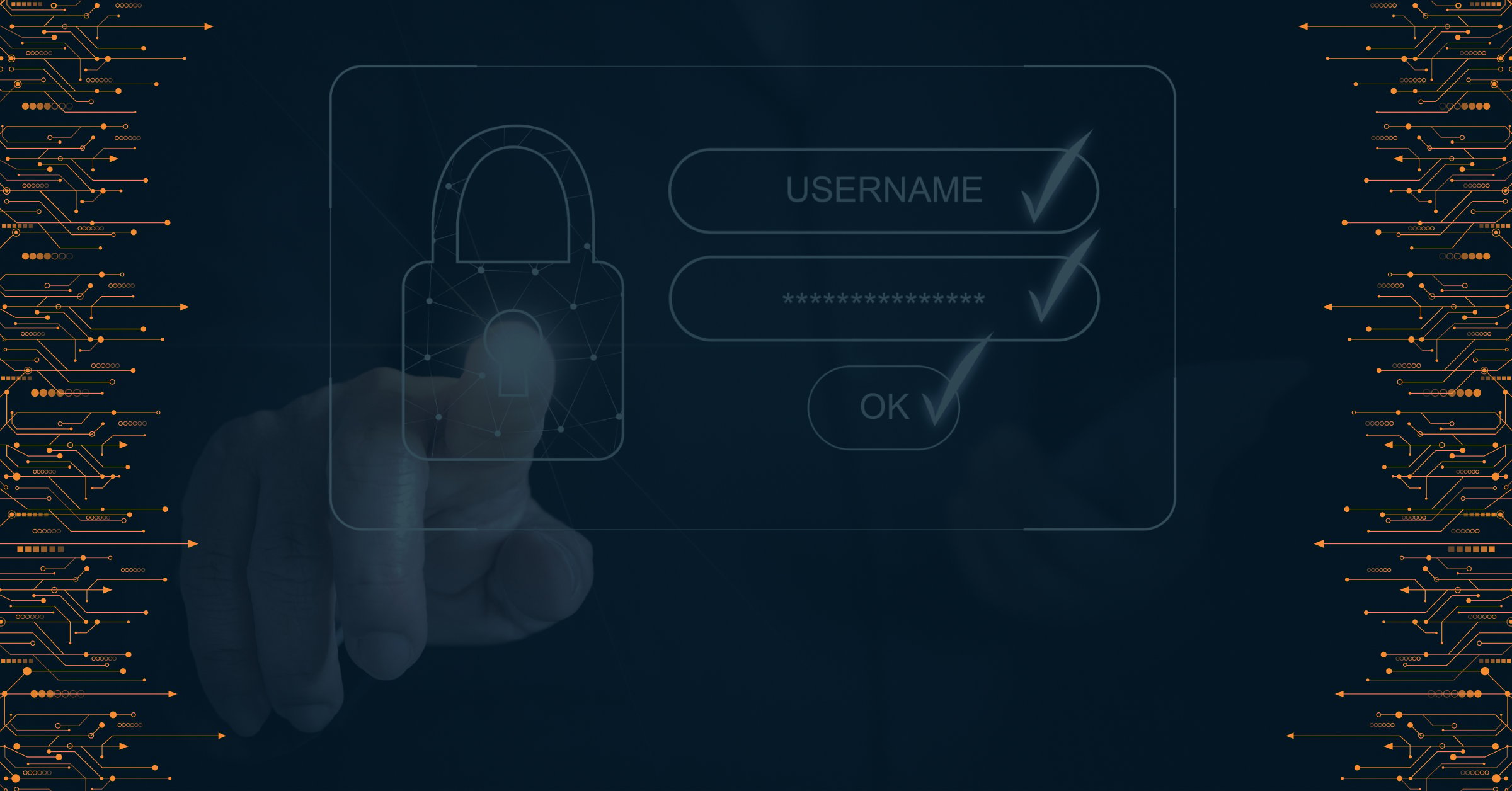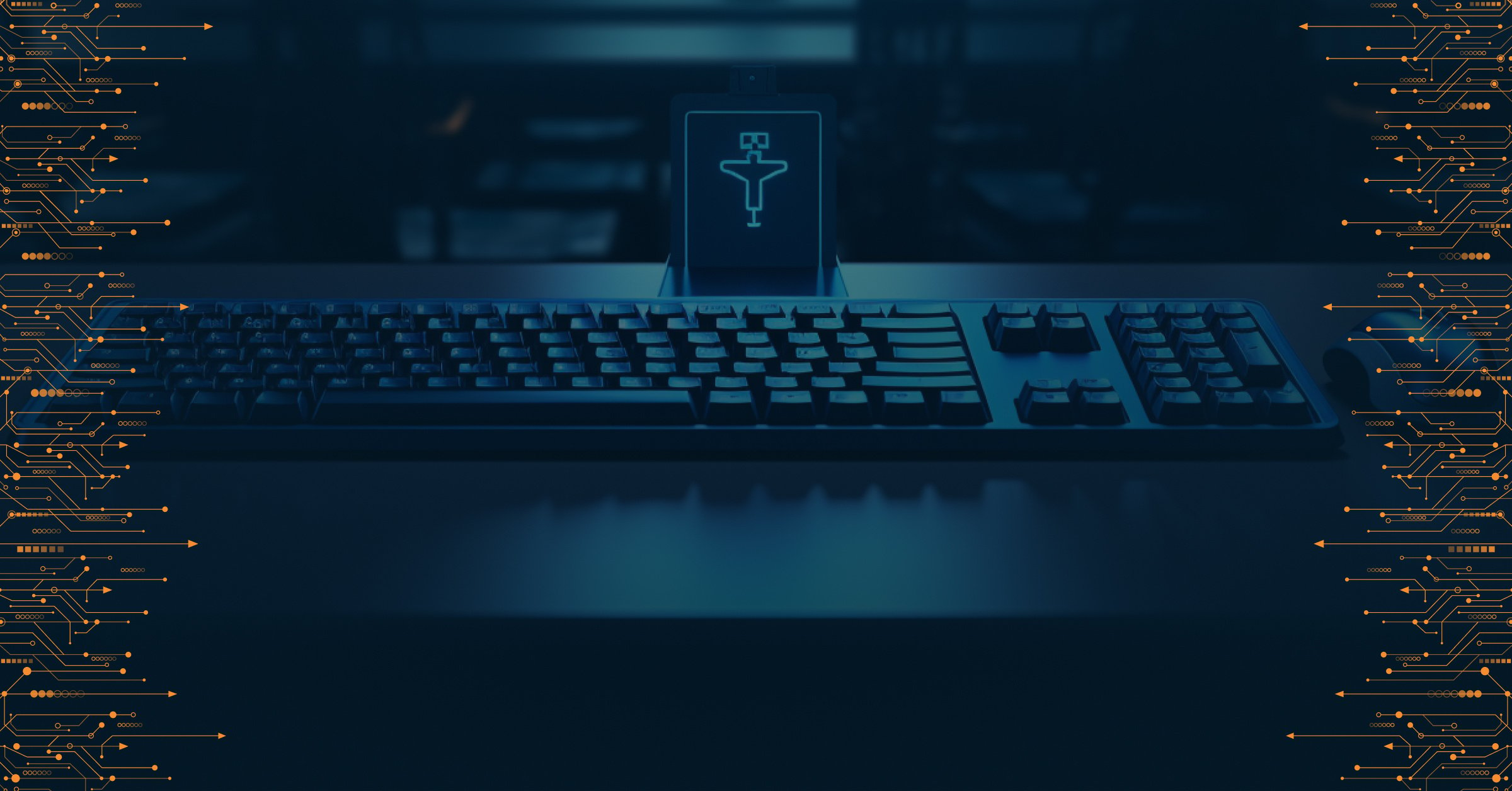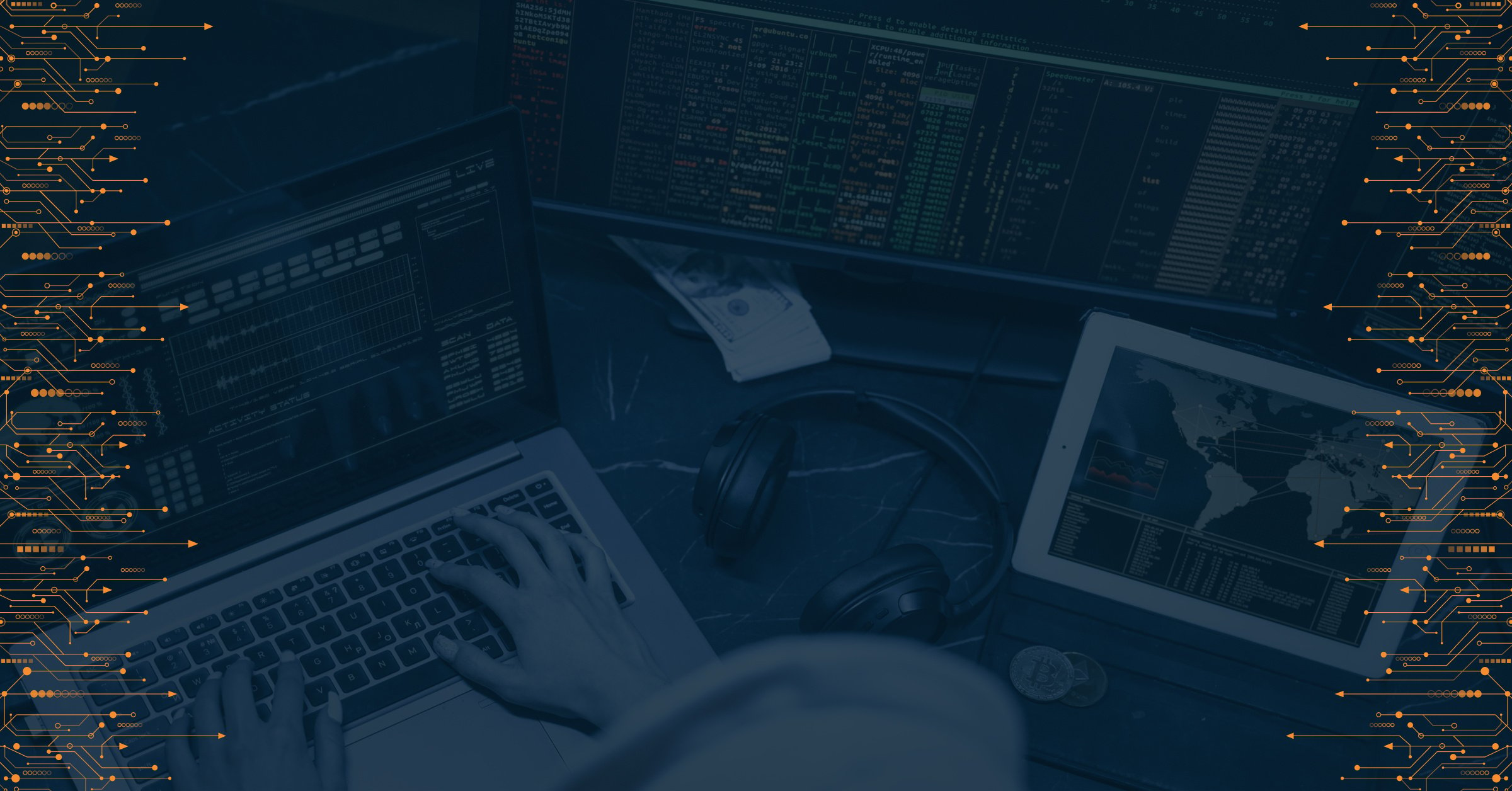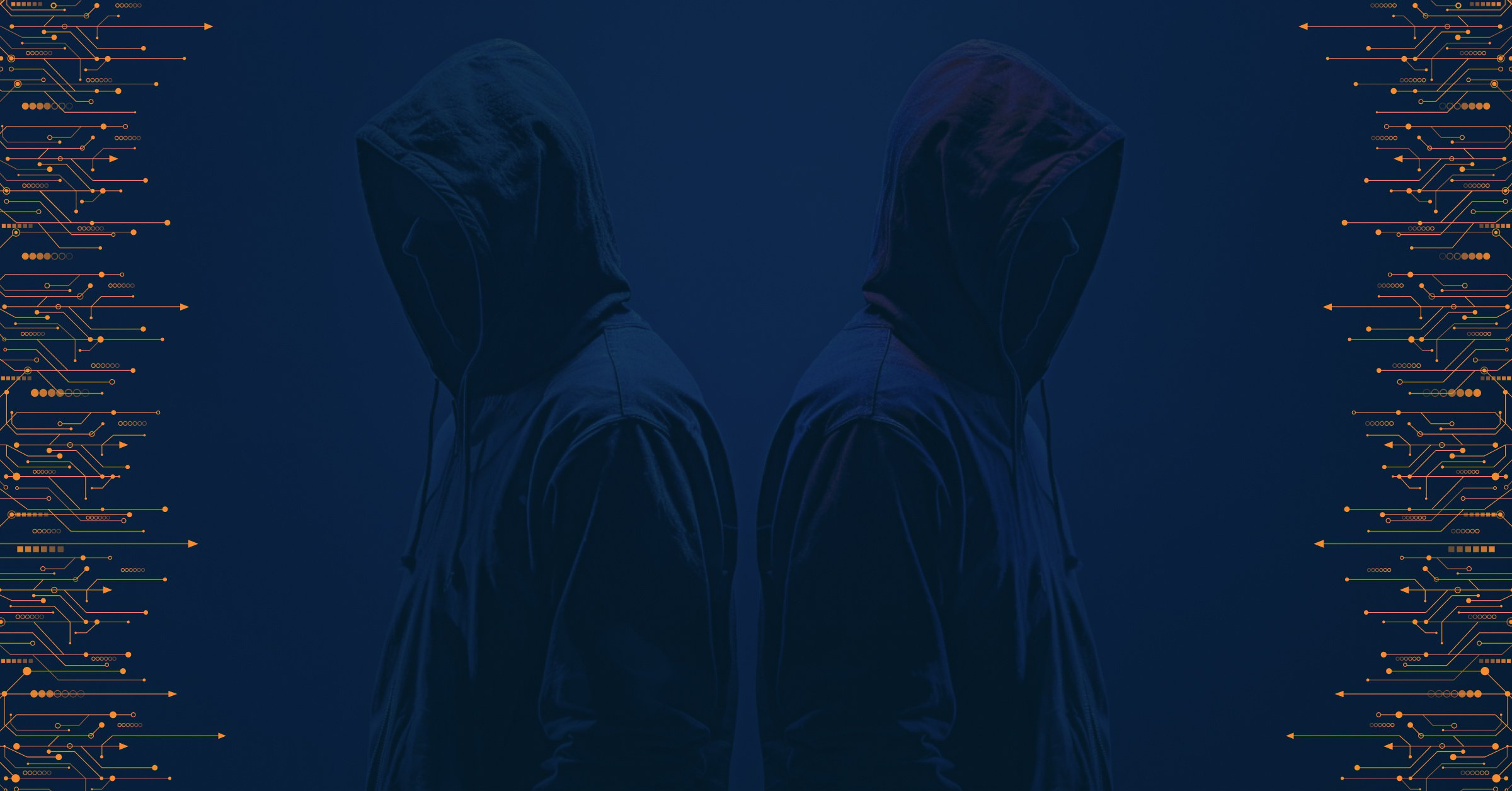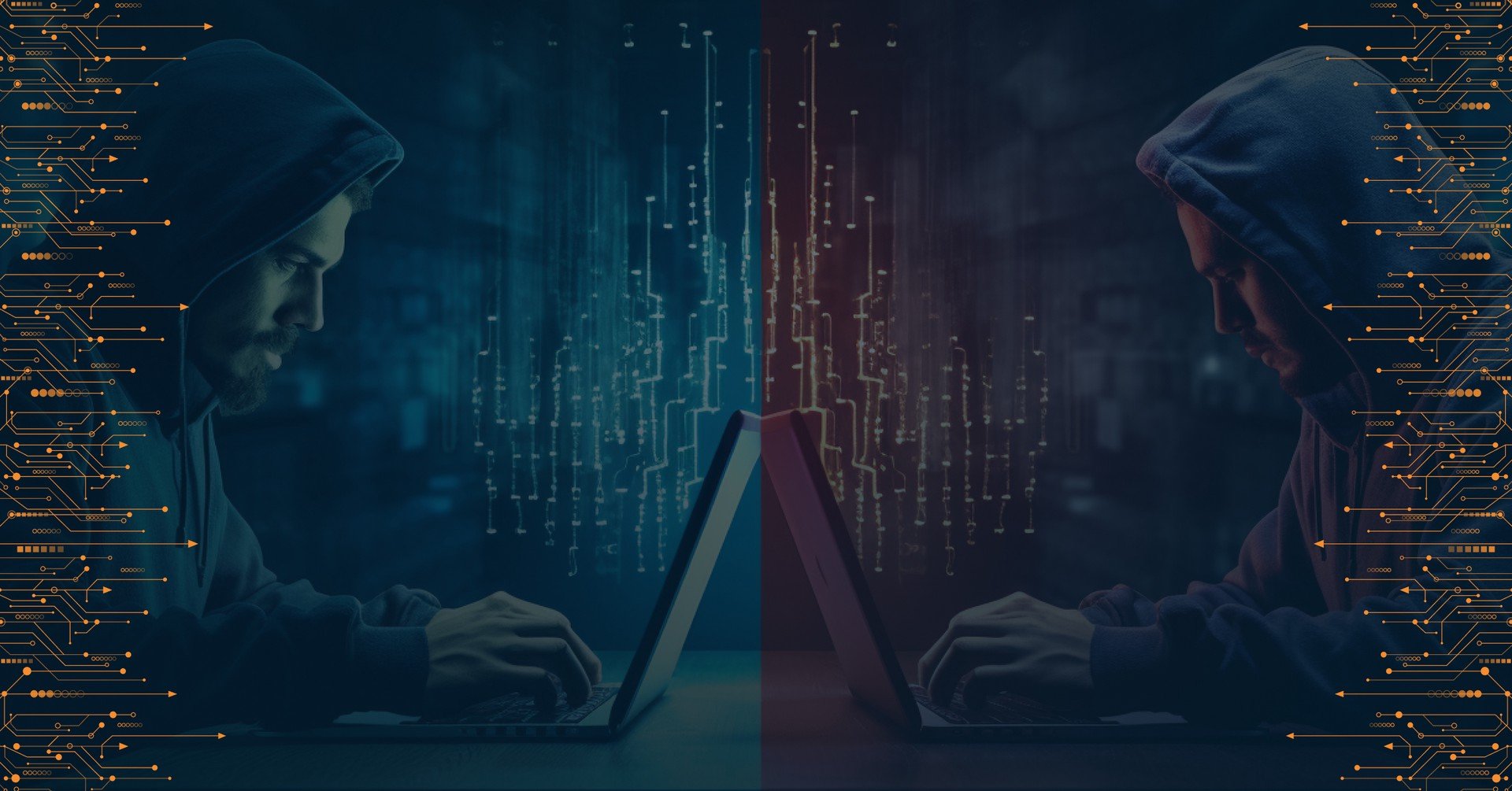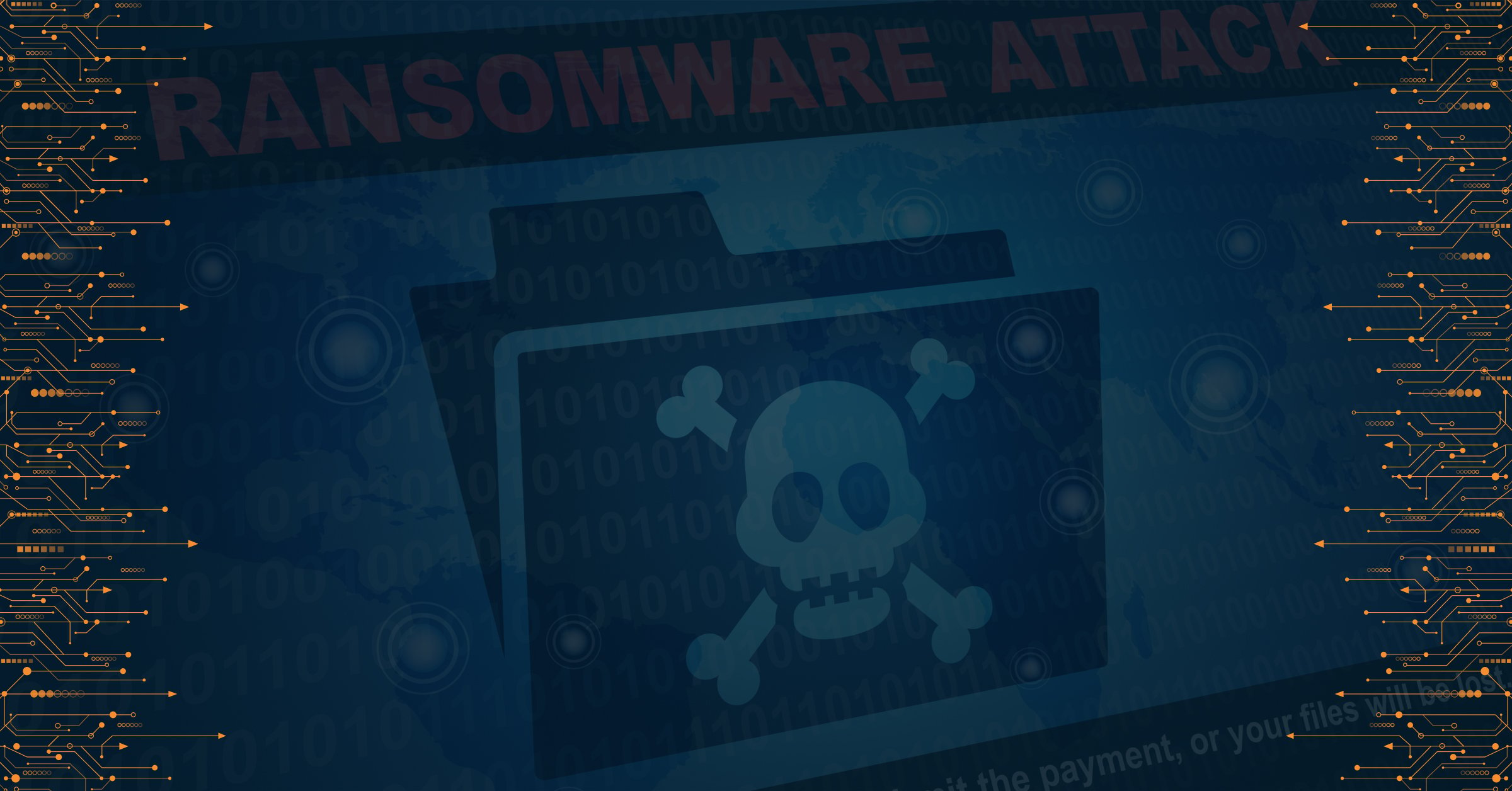How can the joint efforts of the public and private sectors prevent cybersecurity threats?
Today, cyber threats are the breakneck of cybersecurity. For example, the prompt utilization of traffic light protocol systems (TLP) and threat intelligence (TI) reports enable international law enforcement agencies and non-profit organizations to share information on and prevent cyberattacks globally.
As cyber threats have increased, do we have any strategy that helps public and private entities join forces to eradicate malicious actors? This question raised the importance of global initiatives towards cybersecurity.
Both public and private entities have been combatting cyberattacks. Cybercriminals can access your information through malicious software or various scams and phishing efforts. Therefore, to halt cyberattacks and breaches of sensitive information, global initiatives to curb these cybersecurity concerns will redirect cyberspace from loopholes by identifying next-generation cyber threats on time.
In this blog, we delve into understanding the importance of public-private collaboration in shaping and strengthening cybersecurity from these upcoming threats.
Importance Of Public and Private Collaboration in The Field of Cybersecurity
We have identified four essential aspects that should help readers understand the significance of public and private collaboration in mitigating cybersecurity threats.
Threat Detection and Mitigation
Public and private organizations can work together to safeguard cyberspace. They constitute resources and expertise that pool together to diagnose the potential risks associated with cyberspace. Public law enforcement agencies have access to classified and confidential information.
Public-private partnerships focus more on cybersecurity by incorporating Traffic Light Protocol (TLP) and Cyber Threat Intelligence (CTI). A brief discussion on how the mutual collaboration of public-private entities can secure cyberspace by employing TLP and CTI is given below:
The Traffic Light Protocol is a framework that permits the sharing of sensitive information with communities in the cyber security domain. The mechanism of TLP ensures a standardized system that classifies the type of information disseminated. TLP has four classified protocols for the sensitivity of information and target audience.
Cyber Threat Intelligence (CTI) acts as a catalyst to stabilize cybersecurity and combat growing cyberattacks. Cyber TI is based on evidence-based knowledge that includes indicators and action-oriented protocols that prevent cyber threats from causing menace or havoc.
However, TI is the cornerstone of cybersecurity for any organization. But still, a one-size-fits-all strategy would only work sometimes. As the volume of cyberattacks in this digitalization era has increased, organizations must prioritize the safeguarding of information by allocating more funds to proactive cyber threat intelligence.
Information Sharing and Intelligence Exchange
Public-private partnerships mean pooling multiple sources of information and knowledge that help detect cyberattacks and counterfeit attack vectors. Through comprehensive analysis, public companies can assist private agencies in responding to these threats, especially when it comes to early warning of the victims. In a multitude of cases, private companies possess essential data related to the current threat landscape, and public authorities have appropriate systems and networks that help disseminate this information in a timely manner.
Therefore, to prevent such cyberattacks, collaboration between public and private agencies can ensure a robust cybersecurity system with timely information about the leakage of confidential data or emerging threats. Through public-private agency collaborations, coordinated incident response planning, training exercises, and simulation planning, confidential information can be secured from potential threats and persistent threats.
Regulatory Compliance and Policy Development
One significant advantage of public-private agency collaborations is the development of a formal regulatory framework. Private companies address the evolving threat landscape by encountering set benchmarks for cybersecurity. By mutually working, public law and enforcement agencies formulate the legal frameworks to stimulate the best approaches to cybersecurity without imposing unnecessary burdens on businesses and security organizations that understand adversarial tactics and procedures. The private sector ensures the regulations conform to feasible and practical industry needs.
Innovation, Cooperation and Technological Advancements
The mutual work of the private and public sectors paves the way for new ways to explore tech-savvy solutions and innovations in the field of cybersecurity. Public and law enforcement agencies contribute to research and development and its funding to develop secure protocols to defend cybersecurity. Private agencies drive innovation in cybersecurity tools and techniques. Through their mutual collaborations, joint research and development initiatives can foster the deployment of cutting-edge technological advancements in cyber security. The most sensitive sectors, such as finance, healthcare, transportation and other critical infrastructures, are more susceptible to cyberattacks because of their confidential records. Mutual collaboration between both entities can help develop resilient systems that protect the privacy of these records.
As cyber threats surpass cross-border security, international cooperation between public and private agencies can focus on addressing global cyberattacks. Multilateral arrangements to secure cyberspace from potential threats can halt these cyberattacks and improve resilience of the companies globally. They will help stimulate stability and security in this digital realm.
PRODAFT’s Threat Intelligence & Public-Private Partnerships
PRODAFT, with the mutual collaboration of public and private entities, ensures proactive cybersecurity measures, threat detections, and a resilient framework for cyberspace. To exhibit its mission of safeguarding cyberspace from next-generation attacks, PRODAFT has garnered an extensive network of commercial and non-profit partnerships. PRODAFT’s threat intelligence system facilitates these collaborations to strengthen cybersecurity by leveraging expertise, resources, and a vital understanding of the intricate challenges posed by cyber threats. Some of PRODAFT’s current partners include:
EUROPOL
EUROPOL is a European law enforcement agency that supports the Member States in preventing and combating all forms of international and organized crime, cybercrime, and terrorism. Through this joint venture, the agency has exemplified the strength of joint efforts in confronting global issues which include cyber safety.
By amplifying the significance of disseminating records about the evolving threats, EUROPOL fosters a network of strong partnerships that contribute to a safer Europe. At the moment, PRODAFT supports EUROPOL as a member of the Advisory Board on Internet Security and as a member of EC3's #NoMoreRansom project.
CyberPeace Institute
CyberPeace Institute is an NGO that supports communities vulnerable to threats in cyberspace. By supporting NGOs and other critical sectors, and by offering free cybersecurity assistance, threat detection and analysis, the CyberPeace Institute keeps advocating for safety and security in cyberspace.
Together with PRODAFT, CyberPeace Institute ensures that all relevant information about breaches, threats and cyberattacks will be promptly communicated to the affected parties. In this way, the Institute creates a cohort of partner experts and volunteers that help NGOs prepare for and defend against cyberattacks.
Hague Security Delta (HSD)
HSD is one of Europe’s most important cybersecurity clusters, promoting partnerships between businesses, governments, and universities. HSD provides research-based knowledge exchange in cybersecurity, enabling cybersecurity stakeholders to contribute to research projects and initiatives.
HSD contributes to the growth of the cybersecurity market by offering incentives to new entrants and fostering a resilient community together with its members. It encourages international cooperation to promote the pervasiveness of rules created through compliance and regulation.
Point de Contact
Point de Contact is a non-profit organization that fights online child sexual exploitation or pornography and prevents web content from spreading child sexual exploitation (CSAM). It consistently reveals that CSAM-related offenders are exposed through public-private partnerships between law enforcement agencies and internet service providers.
Additionally, they provide moral and financial support to victims and their families, and psychological counseling to abused children. The NGO also recommends intervention strategies and disseminates awareness campaigns.
Trust Valley
Trust Valley is Switzerland's leading cybersecurity cluster. It fosters innovations in combating cyber threats. At this international juncture, efficient and robust cybersecurity that adequately addresses cyber threats has been a pivotal aspect.
Like different esteemed partners, Trust Valley has been cooperating with PRODAFT on various fronts, exchanging knowledge and expertise related to APTs and threat actors. It has been extending cybersecurity on an international scale.
Anti-Phishing Working Group (APWG)
APWG is an international coalition agency fighting cyberattacks, including phishing, scams, and online fraud. Through mutual collaboration, APWG is developing a strategy to identify, analyze, and respond to phishing attacks.
APWG serves as a central point for disseminating information about phishing scams. It sends timely alerts to members to enable them to be safe online. APWG conducts research and development workshops to spread awareness about phishing trends and patterns, in addition to providing insights on tactics used by cybercriminals.
Cyber-Sicherheitsrat Deutschland
Cyber Sicherheitsrat Deutschland collaborates with government agencies, industry stakeholders, and the public and private sectors to curb emerging cyber threats.
Cyber Sicherheitsrat Deutschland's initiatives help users familiarize themselves with phishing, malware, and data breaches. The association fosters public-private collaborations between government agencies and international organizations and provides community forums to address the importance of joint initiatives in cybersecurity.
Conclusion
This blog delves into the importance of public and private collaboration in cybersecurity. Threat detection and mitigation, global cybersecurity cooperation, regulatory compliance, and policy development are the potent advantages of threat intelligence that prevent cybercriminals from attacking confidential information.
All in all, public and private collaboration in cybersecurity can bring fruitful results if we collaborate intending to share knowledge, and expertise and foster useful networks to fight against cybercrime.

PRODAFT Team
Stay up to date
Browse Posts
Browse by topics
- Cybercrime awareness (15)
- Cybersecurity for Businesses (10)
- Risk management (7)
- Cybersecurity Tips (6)
- Digital safety (6)
- Proactive Threat Intelligence (6)
- Cyber threat protection (5)
- Cyberattacks (5)
- Risk intelligence (5)
- Threat Prevention (5)
- Data Protection (4)
- Network Security (4)
- Phishing (4)
- Supply chain risks (4)
- TTPs (4)
- Artificial intelligence (3)
- Critical network infrastructures (3)
- Malicious websites (3)
- Malware (3)
- Social engineering (3)
- Data breaches (2)
- Insider Threats (2)
- NIS2 Directive (2)
- Ransomware (2)
- CISOs (1)
- Cryptocurrencies (1)
- Cyber espionage (1)
- Cyber extortion (1)
- Cyber fraud (1)
- Cybersecurity Collaboration (1)
- DDoS Attacks (1)
- Deepfakes (1)
- DoS Attacks (1)
- Fake social media (1)
- Incident Response (1)
- Internet of things (1)
- Money Laundering (1)
- Multi-factor authentication (1)
- One-day vulnerability (1)
- Remote Work (1)
- Stealers (1)
- SystemBC (1)
- The Cyber kill chain (1)
- Threat Intelligence solutions (1)
- Tor browser (1)
- Traffic Distribution System (1)
- Zero-day vulnerability (1)
- dark web (1)
- deep web (1)
- keyloggers (1)
- social media (1)
- spoofing (1)
- threat detection (1)



